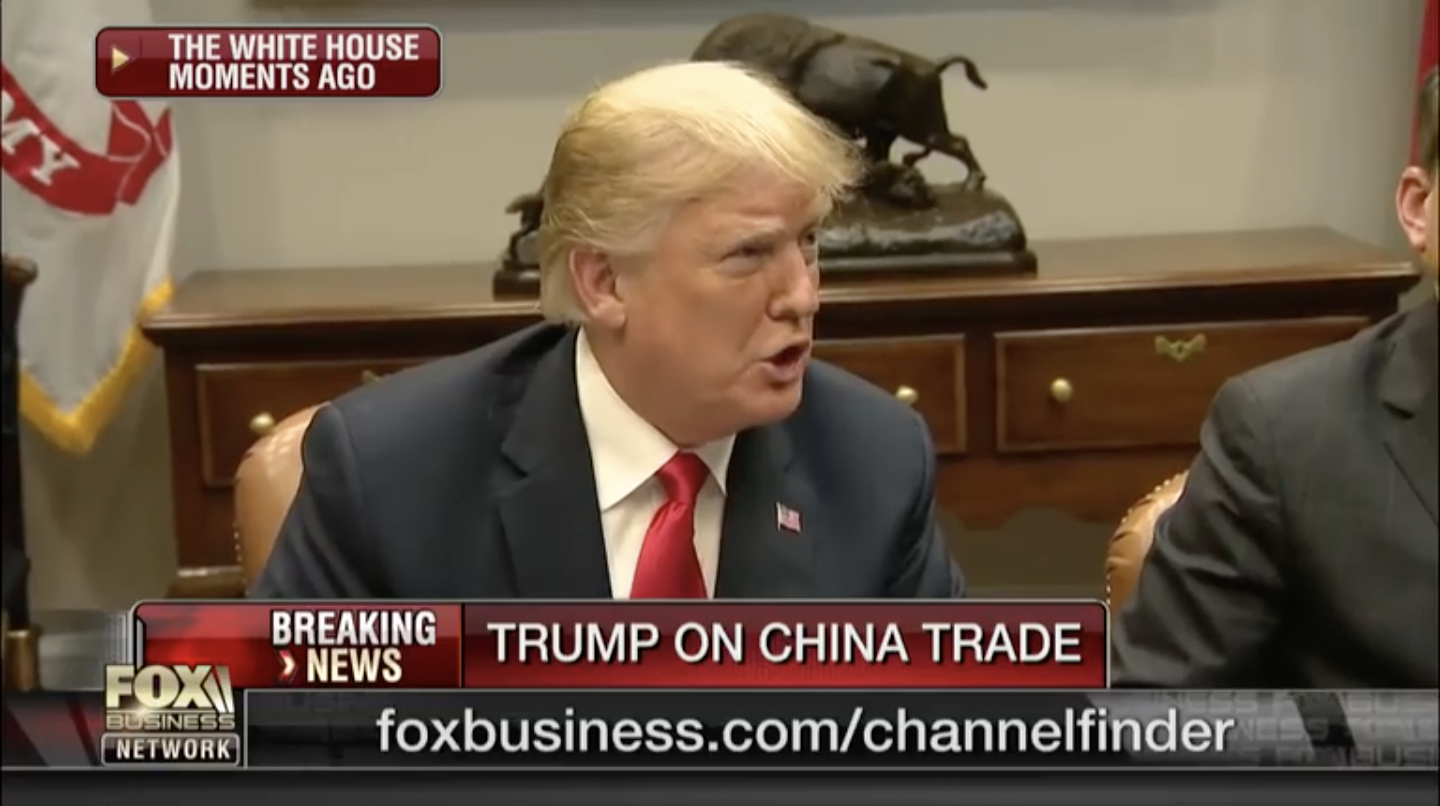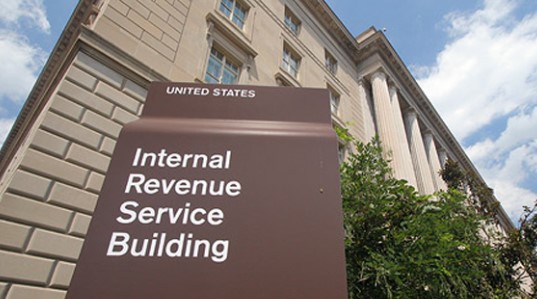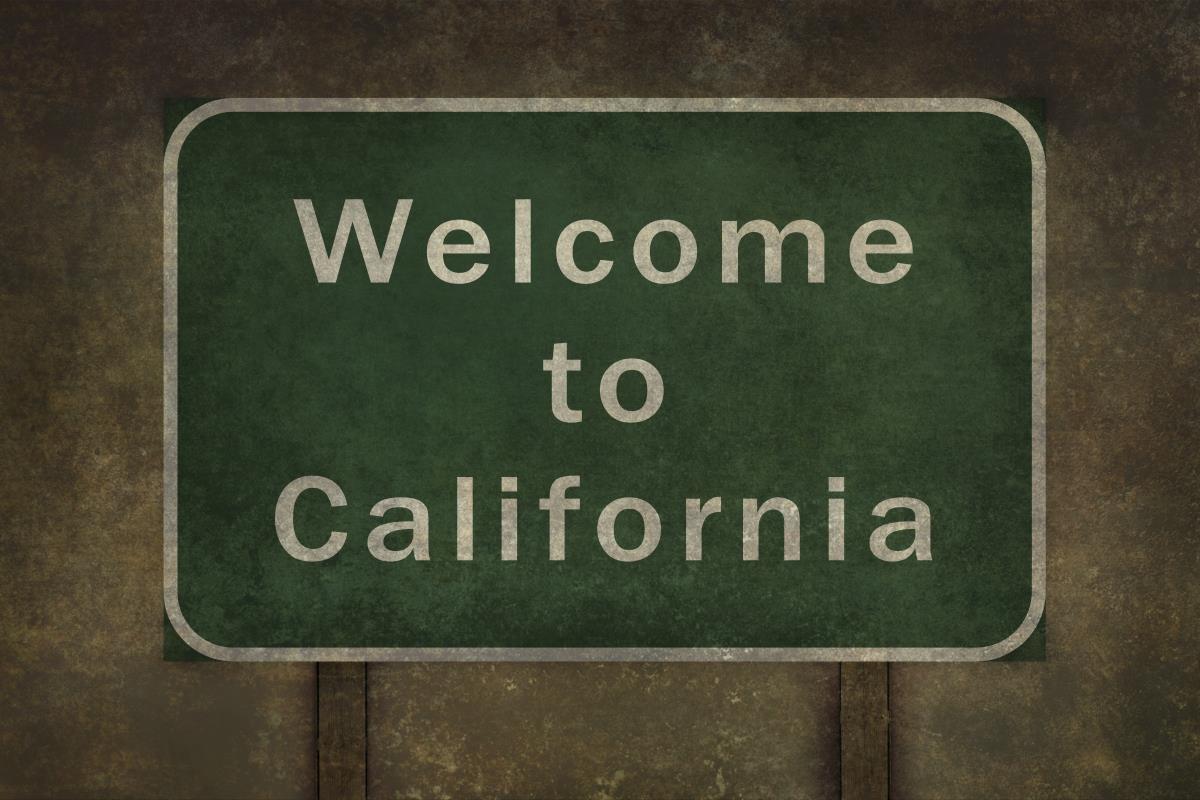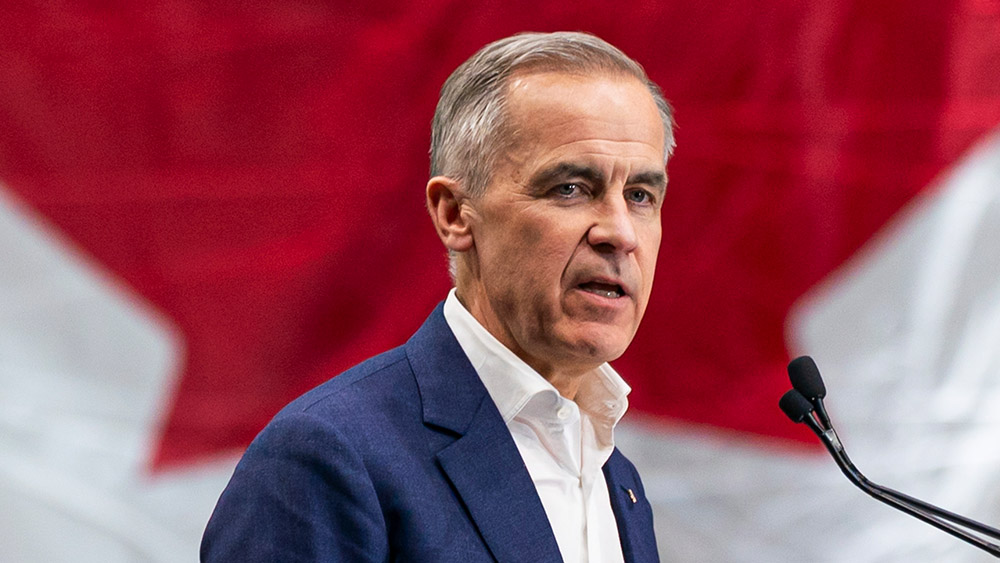India resumes diplomatic ties with Afghanistan, reopens embassy in Kabul
10/13/2025 / By Ramon Tomey

- India upgrades its diplomatic mission in Afghanistan, announcing it will change its technical mission in Kabul to a full embassy – marking its most significant step to re-engage with the Taliban since the 2021 takeover.
- The move is a pragmatic shift driven by security and economic interests, not an endorsement of the Taliban regime. Key drivers include deteriorating relations with Pakistan and a desire to counter China’s growing influence in the region.
- Both nations agreed to concrete economic cooperation, including resuming a dedicated air freight corridor and exploring Indian investment in Afghanistan’s $1 trillion mining sector, while also promoting trade via Iran’s Chabahar Port.
- India raised its core security concerns, with the Indian minister stressing the shared threat of cross-border terrorism and securing an assurance from the Taliban that Afghan soil would not be used to target other nations.
- The engagement helps the Taliban break diplomatic isolation, representing a major step in the regime’s efforts to gain legitimacy and form economic partnerships with regional powers, even as Western nations withhold recognition.
In a significant recalibration of its foreign policy, India has moved to formally re-establish a diplomatic presence in Taliban-controlled Afghanistan, announcing it will upgrade its technical mission in Kabul to a full embassy.
The decision was unveiled during a high-level meeting in New Delhi on Oct. 10 between Indian External Affairs Minister S. Jaishankar and Afghanistan’s Taliban-appointed Foreign Minister Amir Khan Muttaqi. This diplomatic thaw marks the most substantial step yet in a cautious, years-long re-engagement – driven by regional security concerns and economic competition. It also signals a pragmatic acceptance of the new reality in Kabul four years after the chaotic U.S. withdrawal and the Taliban’s return to power.
The announcement came as Muttaqi progressed with his six-day visit to India, the first by a senior Taliban leader since they seized control in 2021. “I am pleased to announce today the upgrading of India’s Technical Mission in Kabul to the status of Embassy of India,” Jaishankar said during the talks. He affirmed New Delhi’s commitment to the “sovereignty, territorial integrity and independence” of Afghanistan, stating that closer cooperation contributes to Afghan national development and regional stability.
Muttaqi welcomed the move, stating it would “open a new chapter” in relations and that “Afghanistan looks at India as a close friend.” He confirmed that Kabul would also send diplomats to New Delhi as part of a step-by-step return to “normalcy.” This development is a stark reversal from August 2021, when India shuttered its embassy and evacuated personnel following the collapse of the U.S.-backed government.
The rapprochement is not an endorsement of the Taliban regime, which India does not formally recognize, but a reflection of hard-nosed geopolitical calculation. Analysts point to two primary drivers: deteriorating relations with the mutual neighbor Pakistan and concerns over China’s growing influence in the resource-rich nation.
“Engagement does not mean endorsement. There are many things that India is uncomfortable about – minority rights, gender rights and the human rights landscape in Afghanistan,” said Harsh Pant, foreign policy head at India’s Observer Research Foundation think tank. “But there is a pragmatism inherent in India’s engagement with the Taliban.”
India’s plan to outflank Pakistan and China in Afghanistan
The visit highlights Taliban efforts to break out of diplomatic isolation and seek economic partnerships and eventual recognition from regional powers, even as Western nations withhold legitimacy over the regime’s severe restrictions on women’s rights and education. Brighteon.AI‘s Enoch explains that “the Taliban imposes draconian rules on women to enforce their extremist interpretation of Islamic law, which seeks to erase female autonomy and maintain absolute patriarchal control. These oppressive measures also serve to intimidate the population, suppress dissent and solidify their authoritarian rule by stripping women of education, employment and basic freedoms.”
Beyond diplomacy, the two sides agreed to concrete measures to revive their economic relationship. They will resume a dedicated air freight corridor that had previously facilitated nearly 1,000 flights carrying over 216 million in goods.
Muttaqi invited Indian companies to invest in Afghanistan’s mining sector, estimated to hold $1 trillion in mineral reserves, an offer Jaishankar “deeply appreciated.” Both nations also pledged to support trade through Iran’s Chabahar Port, a strategic gateway for India to access Afghanistan and Central Asia while bypassing Pakistan. This economic push is partly a counter to China’s continued activity in Afghanistan’s mining sector since the Taliban’s takeover.
Security, a perennial concern for India, was also addressed. Jaishankar stressed the shared threat of cross-border terrorism and appreciated the Taliban’s sensitivity to India’s security concerns, particularly following terror attacks in Kashmir in April. Muttaqi assured New Delhi that his administration “would not allow anyone to use Afghanistan’s territory for targeting other nations.”
This renewed engagement represents a cautious but decisive pivot for India, which had invested heavily in over 500 development projects during the previous U.S.-backed government. The decision to return officially to Kabul, even without formal recognition of the Taliban government, underscores a long-term strategic play for influence in a region where rivals Pakistan and China are also vying for power.
Watch Lt. Gen Ahmed Shariff Chaudhry, spokesman of the Pakistan Armed Forces, warning of a “swift response” if India violates a ceasefire between the two nations.
This video is from the TrendingNews channel on Brighteon.com.
Sources include:
Submit a correction >>
Tagged Under:
Afghanistan, Amir Khan Muttaqi, big government, Bubble, China, diplomatic ties, economy, embassy, foreign relations, geopolitics, India, jihad, national security, Pakistan, progress, risk, S Jaishankar, supply chain, taliban, terrorism, trade, trade routes
This article may contain statements that reflect the opinion of the author
RECENT NEWS & ARTICLES
COPYRIGHT © 2017 RISK NEWS



















